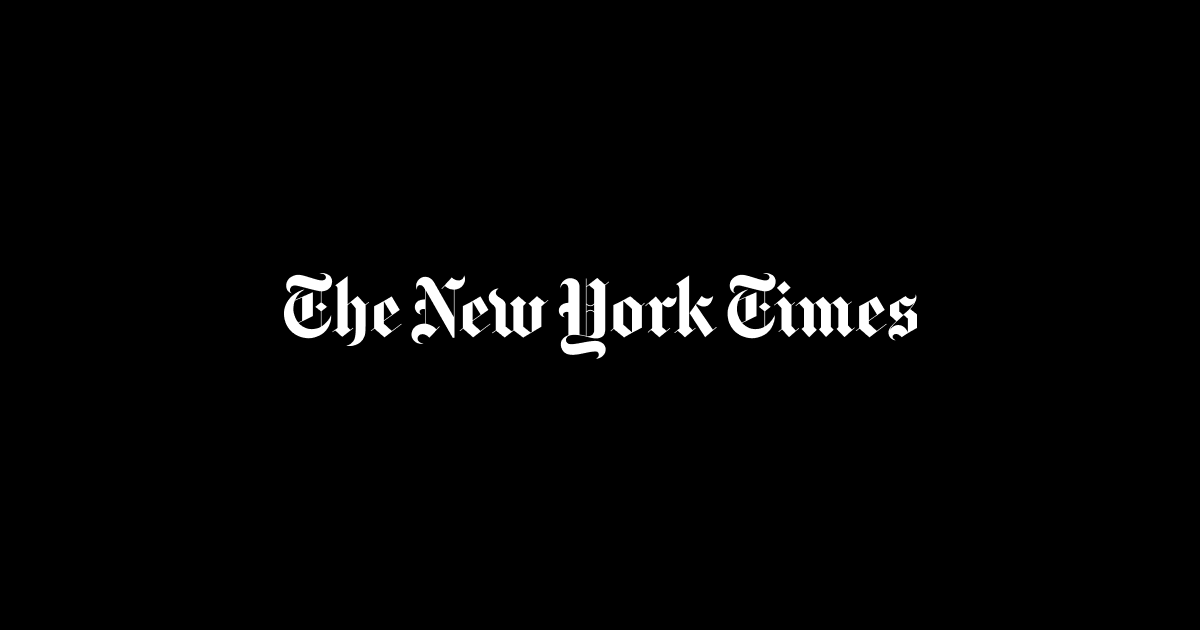Credit score: CC0 Public Area
Hospitalized untimely infants who obtained really useful two-month vaccinations had an elevated threat of a brief episode of apnea, however no critical problems arose, in keeping with a examine led by Duke Well being researchers.
Showing within the journal JAMA Pediatrics, the examine confirms earlier findings linking apnea, which is a pause in respiratory, to vaccinations amongst untimely infants. The potential aspect impact had been noticed in some earlier research and is amongst these already recognized on package deal inserts for a number of childhood vaccines. This new examine confirms the danger of apnea within the 48 hours following vaccination for hospitalized untimely infants.
“While there is a temporary increased risk of apnea after vaccination, the risk posed by vaccine-preventable respiratory and other infections to unvaccinated infants is far higher,” stated lead writer Rachel G. Greenberg, M.D., affiliate professor within the Division of Pediatrics at Duke College College of Drugs.
Greenberg famous that hospitalized untimely infants have weak immune programs that make them extra weak to sicknesses, they usually have pre-existing circumstances that complicate their care after they turn into sick. Consequently, preterm infants have increased charges of extreme sickness as a result of sicknesses reminiscent of pertussis and pneumonia than time period infants.
“Also, the episodes of apnea after vaccination in our study of hospitalized premature infants were brief and without serious complications,” Greenberg stated. “As a result, our study supports that the current vaccination recommendations for premature infants are appropriate, but it’s important to educate parents about what to expect when their premature infants receive vaccines while in the hospital.”
Greenberg and colleagues enrolled 223 hospitalized untimely infants who have been born earlier than 33 weeks gestation. At two months of age, roughly half the infants have been randomly assigned to obtain the primary really useful dose of childhood vaccines that shield in opposition to pneumonia, diphtheria, tetanus, pertussis, hepatitis B, polio and meningitis. The remaining infants didn’t obtain vaccines for 2 days, after which they have been allowed to obtain vaccines as a part of routine care.
All of the infants have been noticed for apnea for 48 hours after vaccination or randomization for the unvaccinated group. The infants who obtained the vaccines have been extra more likely to have an apnea episode within the monitoring interval than the unvaccinated infants. The percentages of getting an episode of apnea have been 2.7 occasions increased within the vaccinated group in the course of the 48-hour monitoring interval.
Apnea episodes have been transient, lasting a median of 28 seconds within the vaccination group and 32 seconds within the unvaccinated group.
“The increased risk of brief apnea following vaccination must be weighed against the benefits of timely vaccination,” the examine authors wrote. “Premature infants are at increased risk for vaccine-preventable diseases, such as pertussis (whooping cough), which itself is associated with apnea, as well as invasive pneumococcal disease that can cause meningitis and bloodstream infections.”
Extra data:
Rachel G. Greenberg et al, Apnea After 2-Month Vaccinations in Hospitalized Preterm Infants, JAMA Pediatrics (2025). DOI: 10.1001/jamapediatrics.2024.5311
Offered by
Duke College
Quotation:
Research confirms transient apnea threat after vaccination of hospitalized preemies (2025, January 6)
retrieved 6 January 2025
from https://medicalxpress.com/information/2025-01-apnea-vaccination-hospitalized-preemies.html
This doc is topic to copyright. Aside from any honest dealing for the aim of personal examine or analysis, no
half could also be reproduced with out the written permission. The content material is supplied for data functions solely.




